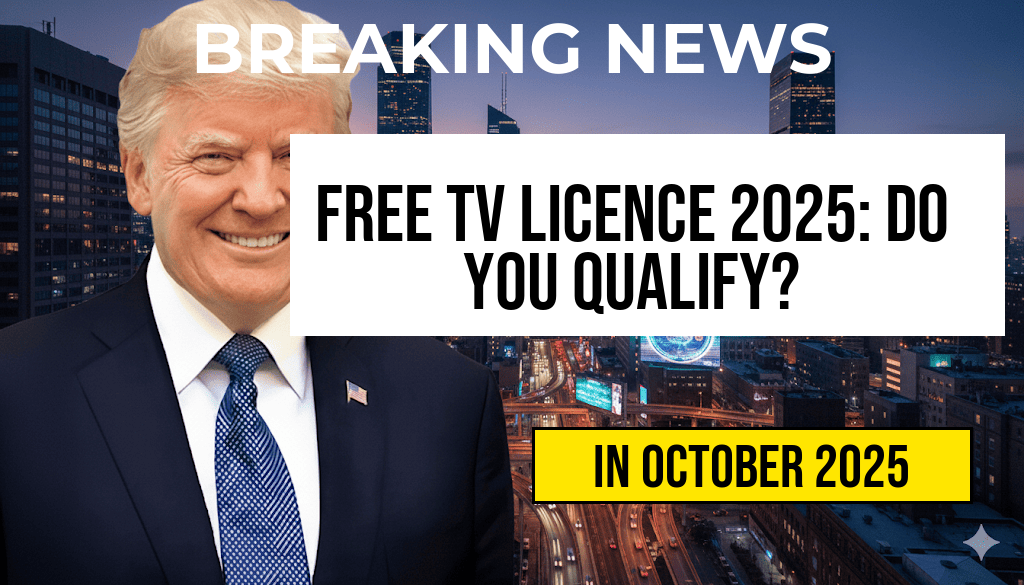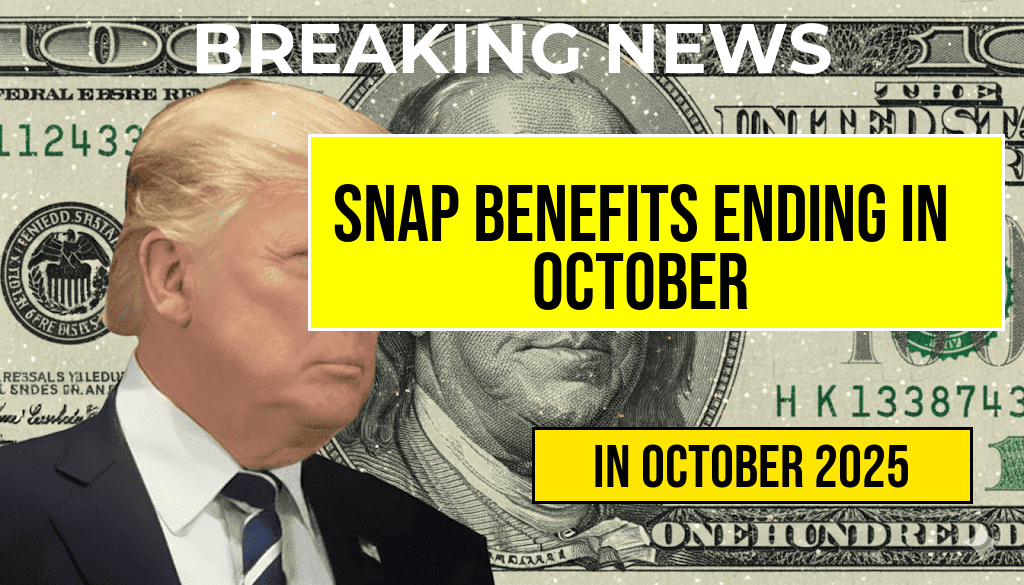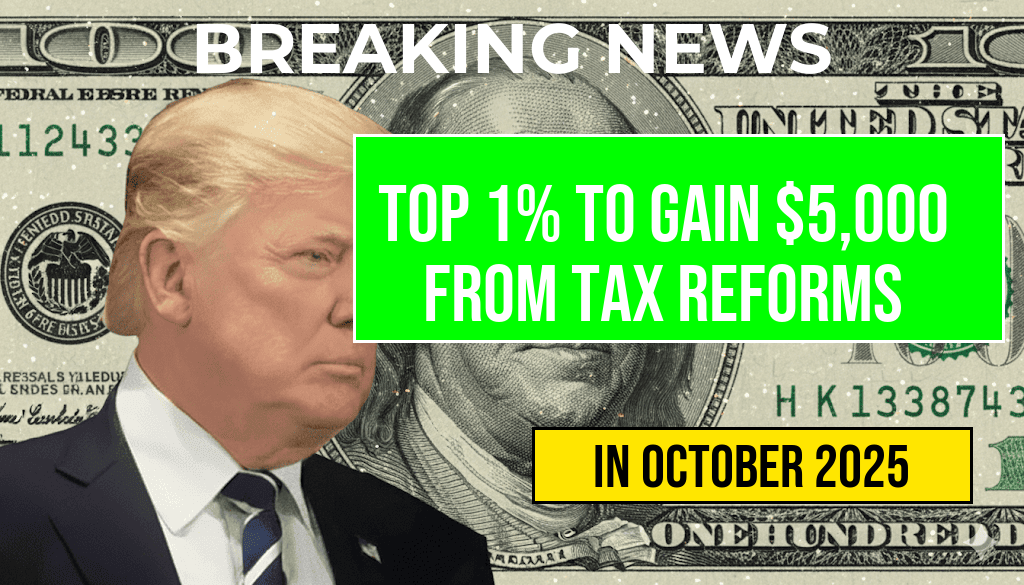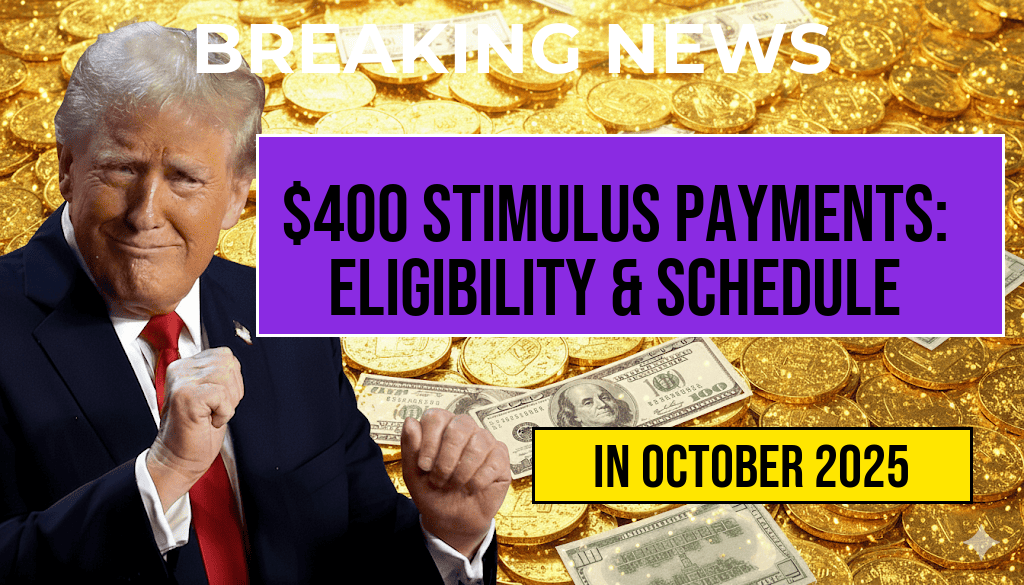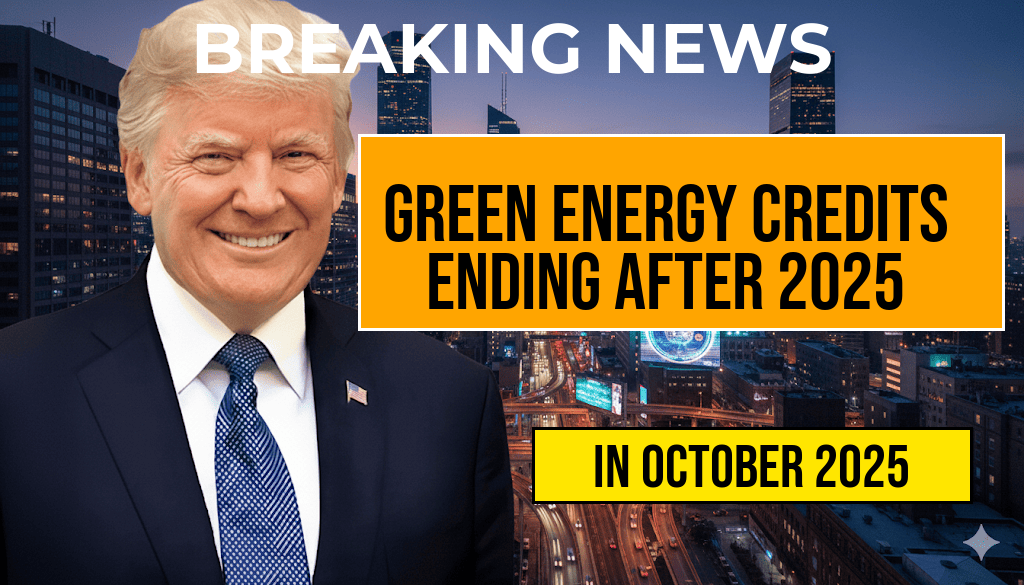The federal government announced a significant change to television licensing policy, revealing that starting in 2025, eligible households will no longer need to pay for a TV license to access broadcast content. This decision aims to increase affordability and reduce financial barriers for low-income residents while maintaining support for public broadcasting services. The new policy will be phased in gradually, with specific criteria determining eligibility. As millions of Americans evaluate their circumstances, many are questioning whether they qualify for the free license program. The government’s move aligns with broader efforts to promote equitable access to media and information, particularly as streaming services expand and traditional TV viewership shifts. Details about the eligibility requirements, application procedures, and the impact on public broadcasters are still emerging, but officials emphasize that the initiative is designed to support vulnerable populations without compromising the quality of public broadcasting services.
Understanding the 2025 Free TV License Policy
Background and Rationale
The current TV licensing system, which requires households to pay an annual fee regardless of viewership habits, has faced criticism for disproportionately affecting low-income families. The government’s decision to eliminate charges for certain groups reflects a broader commitment to social equity and digital inclusion. According to officials, the policy aims to ensure that all citizens can access essential information, news, and entertainment without financial hardship. The move also coincides with declining traditional TV audiences and a shift toward digital and streaming platforms, prompting a reevaluation of licensing models.
Who Qualifies for Free TV Licenses?
Eligibility criteria are designed to target households with limited income or specific circumstances. The main qualifying groups include:
- Senior citizens receiving pension credits or benefits
- Individuals with disabilities receiving support or benefits
- Low-income households meeting income thresholds
- Care home residents who are already exempt from licensing fees
Applicants will need to provide documentation verifying their eligibility, such as benefit award letters or income statements. The government has also announced plans to streamline the application process to minimize administrative hurdles.
Application Process and Timeline
| Period | Action |
|---|---|
| Late 2024 | Announcement of eligibility details and rollout plan |
| Early 2025 | Open registration for eligible households |
| Mid-2025 | Implementation of free licenses begins for qualifying households |
Residents can apply online through the official government portal, by mail, or via phone. The government has pledged to keep the process straightforward, with dedicated support lines to assist applicants.
Impact on Public Broadcasting and Viewership
Funding and Sustainability
The removal of license fees for certain groups raises questions about the funding model for public broadcasters like PBS. Officials have assured the public that alternative funding sources, including federal grants and private donations, will support the continued operation of public media services. Transparency reports will be published periodically to monitor the financial health of these institutions.
Shifts in Media Consumption
The policy change coincides with a broader transition toward digital media. As more viewers turn to streaming platforms and on-demand content, traditional broadcast licensing revenues have declined. This shift has prompted broadcasters to explore new revenue models, including government-supported grants and subscription services. The free license initiative aims to ensure that vulnerable populations maintain access to public programming amid these changes.
Public Response and Expert Opinions
Community Perspectives
Advocacy groups representing the elderly and disabled communities have largely welcomed the announcement, emphasizing the importance of equitable media access. “This policy removes a financial barrier that has long limited access for many vulnerable households,” said Maria Lopez, director of the National Council on Aging. Public broadcasting experts also see the move as a positive step toward modernization and inclusivity.
Economic and Social Implications
Economists suggest that the policy could lead to increased civic engagement and access to educational content, especially for underserved populations. However, some critics caution that funding uncertainties may impact the quality and reach of public programming in the long term. The government has committed to ongoing evaluation and adjustments based on the policy’s outcomes and community feedback.
Next Steps for Households and Stakeholders
Eligible residents should stay informed about the upcoming application periods and ensure they have the necessary documentation to verify their eligibility. Public officials recommend checking the official government website regularly for updates and detailed instructions. Advocacy organizations are also preparing outreach campaigns to assist vulnerable groups in navigating the process.
As the rollout approaches, the government emphasizes its commitment to ensuring that no eligible household is left without access to public television services. The initiative marks a significant shift in how media access is financed and distributed, with the potential to reshape public broadcasting funding models in the years ahead. For more information, residents can visit the Federal Communications Commission website or consult local government resources.
Frequently Asked Questions
Who is eligible for the free TV licence in 2025?
Individuals aged 75 and over, as well as certain low-income households and benefit recipients, are eligible to receive a free TV licence in 2025. It is important to check the specific criteria outlined by the government to determine eligibility.
How can I apply for the free TV licence in 2025?
You can apply online through the official government website or by submitting a paper application form. Ensure you have the necessary documentation, such as proof of age or benefit entitlement, to complete the application process.
Will existing TV licence holders automatically receive the free licence in 2025?
No, existing TV licence holders will need to apply for the free TV licence separately to ensure they are registered for the benefit in 2025. The government recommends applying early to avoid any disruption.
Are there any costs associated with the free TV licence for eligible individuals?
No, the government’s initiative provides the free TV licence at no cost to qualifying individuals. However, non-eligible households will still need to pay the standard licence fee.
What should I do if I think I qualify but haven’t received confirmation?
If you believe you are eligible for the free TV licence but haven’t received confirmation, contact the official customer service or support center. They can assist with your application status and provide guidance on next steps.

